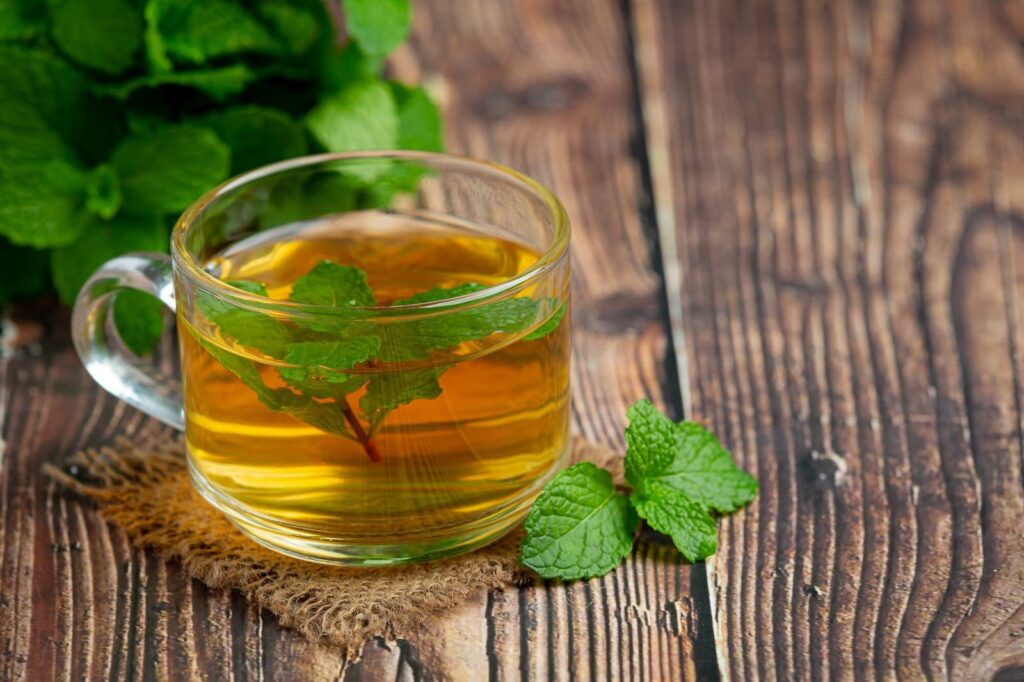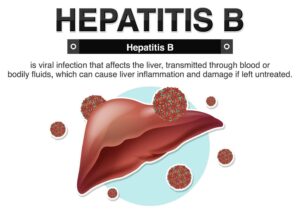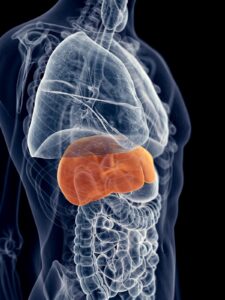
Green Tea and Fatty Liver: A Comprehensive Guide
Green tea and fatty liver are two topics that have gained significant attention in recent years due to their potential impact on overall health. In this article, we will delve into the relationship between green tea consumption and fatty liver disease, exploring the benefits, mechanisms, and recommendations associated with incorporating green tea into your diet to support liver health.
What is Fatty Liver Disease?
Fatty liver disease, also known as hepatic steatosis, is a condition characterized by the accumulation of fat in the liver cells. This buildup of fat can lead to inflammation and damage to the liver over time, potentially progressing to more severe conditions such as non-alcoholic fatty liver disease (NAFLD) or non-alcoholic steatohepatitis (NASH).
Causes of Fatty Liver Disease
- Poor Diet: Consuming a diet high in saturated fats, sugars, and processed foods can contribute to the development of fatty liver disease;
- Obesity: Being overweight or obese increases the risk of fatty liver disease due to the excess accumulation of fat in the body;
- Insulin Resistance: Insulin resistance, often associated with conditions like diabetes and metabolic syndrome, can also play a role in the development of fatty liver disease.
Fatty liver disease can have serious implications for overall health, highlighting the importance of adopting lifestyle changes to manage and prevent its progression.
The Role of Green Tea in Liver Health
Green tea, derived from the Camellia sinensis plant, is renowned for its potent antioxidant properties and various health benefits. Studies have suggested that the bioactive compounds found in green tea, such as catechins and polyphenols, may offer protective effects against liver damage and inflammation.
Mechanisms of Action
- Antioxidant Effects: The antioxidants present in green tea help combat oxidative stress in the liver, reducing inflammation and protecting against cellular damage;
- Anti-Inflammatory Properties: Green tea has anti-inflammatory properties that can help alleviate liver inflammation, a common feature of fatty liver disease;
- Fat Metabolism Regulation: Some research indicates that green tea may aid in regulating lipid metabolism, potentially preventing the excessive accumulation of fat in the liver.
By incorporating green tea into your daily routine, you may be able to support liver health and mitigate the risk of fatty liver disease.

Benefits of Green Tea for Fatty Liver
Antioxidant Protection
Green tea is rich in antioxidants, such as epigallocatechin gallate (EGCG), which help neutralize free radicals and reduce oxidative stress in the liver. These antioxidant properties play a crucial role in protecting liver cells from damage and inflammation.
Research Findings
- A study published in the Journal of Nutrition demonstrated that green tea extract supplementation reduced liver inflammation and oxidative stress in mice with fatty liver disease;
- Clinical trials have shown that regular consumption of green tea may improve liver enzyme levels and lipid profiles in individuals with NAFLD.
Anti-Inflammatory Effects
Chronic inflammation is a key driver of liver damage in fatty liver disease. Green tea’s anti-inflammatory compounds can help alleviate inflammation in the liver, promoting overall liver health and function.
Human Studies
- Research involving human subjects has indicated that green tea consumption is associated with lower levels of inflammatory markers in individuals with NAFLD;
- Regular intake of green tea has been linked to a reduction in liver fibrosis, a common complication of advanced liver disease.
Metabolic Support
In addition to its antioxidant and anti-inflammatory properties, green tea may also support healthy metabolism and weight management, both of which are crucial factors in preventing and managing fatty liver disease.
Metabolic Benefits
- Green tea has been shown to enhance fat oxidation and energy expenditure, potentially aiding in weight loss and reducing fat accumulation in the liver;
- Studies suggest that green tea catechins can improve insulin sensitivity and glucose metabolism, which are important for preventing insulin resistance and metabolic disorders.
By incorporating green tea into your daily routine, you can harness these benefits to promote liver health and reduce the risk of fatty liver disease.
How to Use Green Tea for Fatty Liver?
Incorporating Green Tea Into Your Diet
One of the simplest ways to enjoy the benefits of green tea is by incorporating it into your daily diet. You can brew green tea leaves or use green tea bags to make a refreshing hot or cold beverage that can be enjoyed throughout the day.
Recommendations:
- Daily Consumption: Aim to drink 2-3 cups of green tea per day to maximize its potential benefits for liver health;
- Variety: Experiment with different types of green tea, such as matcha or sencha, to explore diverse flavors and antioxidant profiles;
- Avoid Excessive Sweeteners: To maintain the health benefits of green tea, limit the use of added sugars or sweeteners in your tea preparations.
Green Tea Supplements
For those who prefer a more concentrated form of green tea, supplements are available in the form of capsules or powders. These supplements provide a convenient way to increase your intake of green tea’s beneficial compounds.
Dosage Considerations:
- Follow the recommended dosage instructions provided on the supplement packaging to ensure safe and effective use;
- Consult with a healthcare provider before starting any new supplement regimen, especially if you have existing liver conditions or are taking medications.

Advice for Incorporating Green Tea Into Your Routine
Consultation with Healthcare Provider
Before making significant changes to your diet or lifestyle, it is essential to consult with a healthcare provider, especially if you have pre-existing liver conditions or are taking medications that may interact with green tea.
Healthcare Professional Guidance:
- Your healthcare provider can offer personalized recommendations based on your individual health status and goals;
- Inform your doctor about any supplements or herbal products you are using to ensure they align with your treatment plan.
Balanced Approach to Wellness
While green tea can be a valuable addition to your wellness routine, it is essential to adopt a holistic approach to liver health that includes a balanced diet, regular physical activity, adequate hydration, and sufficient rest.
Lifestyle Factors:
- Focus on maintaining a healthy weight through a combination of nutritious eating habits and regular exercise;
- Prioritize stress management techniques such as mindfulness, meditation, or yoga to support overall well-being and liver health.
Conclusion
In conclusion, green tea offers a wealth of potential benefits for liver health, particularly in the context of fatty liver disease. By harnessing its antioxidant, anti-inflammatory, and metabolic-supporting properties, individuals can take proactive steps towards protecting and optimizing liver function. Whether enjoyed as a soothing beverage or incorporated into a supplement regimen, green tea serves as a valuable ally in the journey towards holistic wellness and liver health. Remember, always prioritize a balanced approach to health that encompasses mindful dietary choices, regular physical activity, and ongoing communication with healthcare professionals to support your liver and overall well-being.

